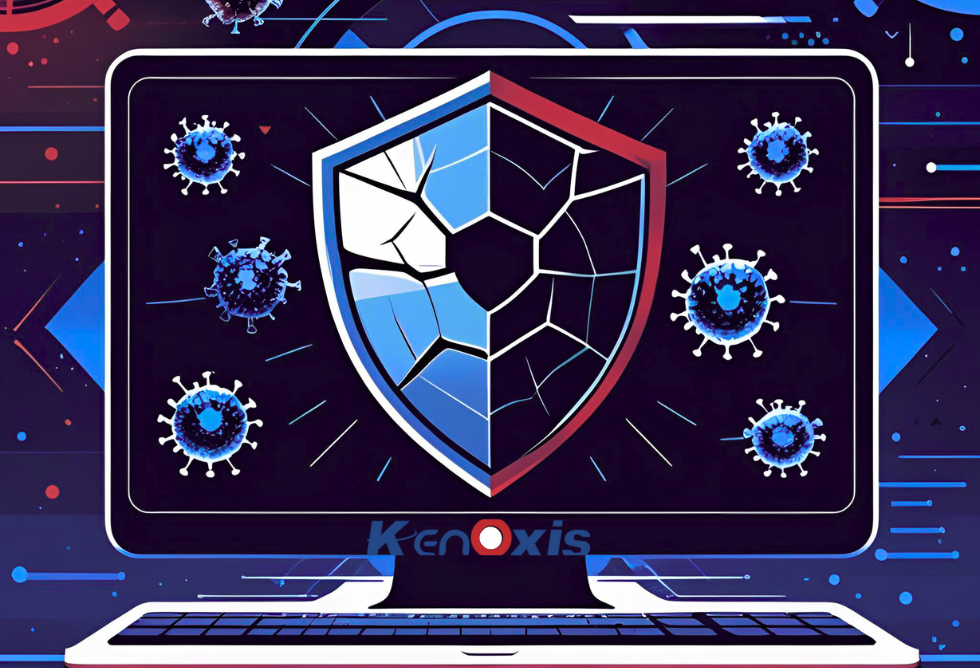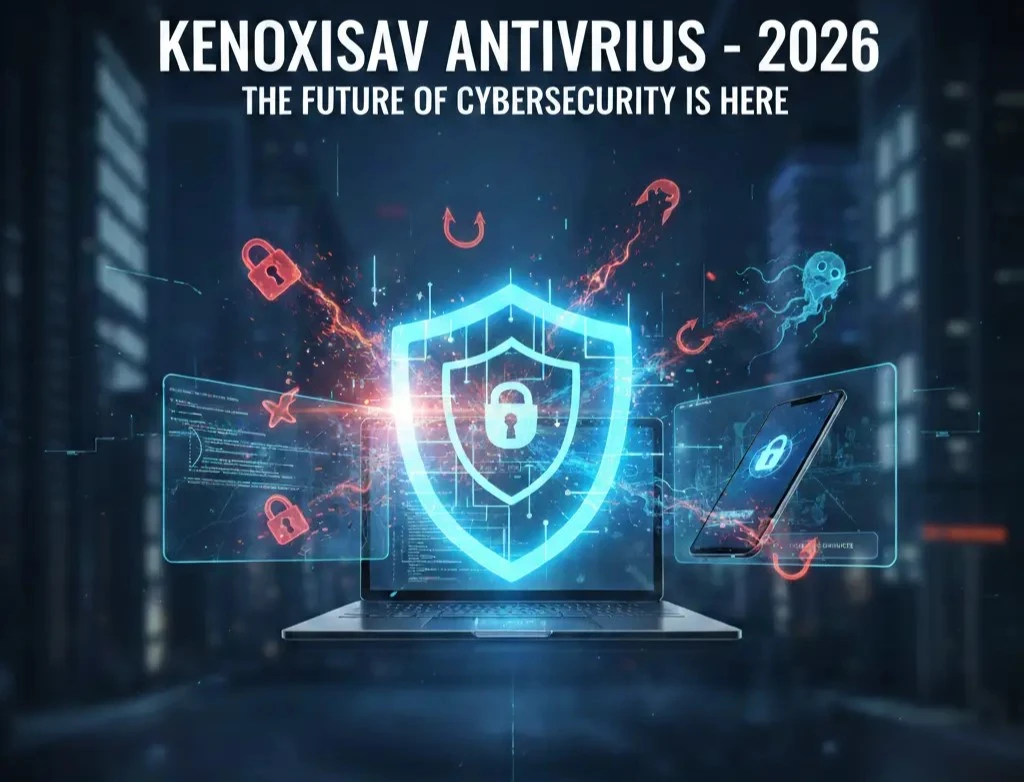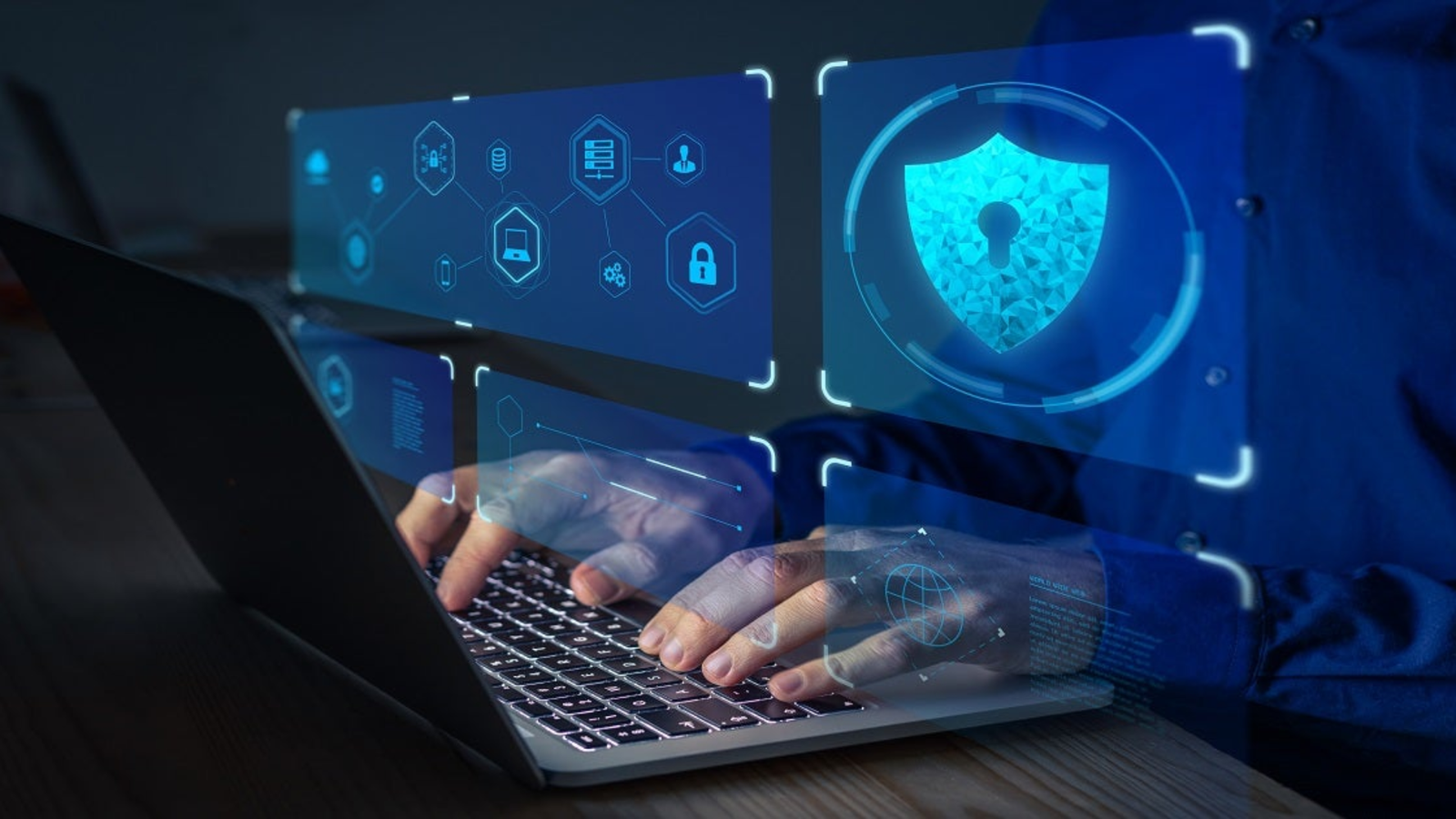Don’t Risk It: Why Free Antivirus Isn’t Always Enough
Kenoxisav | 25 Jun 2025

When it comes to protecting your computer or phone from viruses and hackers, antivirus software is your first line of defense. Many people think a free antivirus program is “good enough” — and at first glance, it might seem like a smart way to save money.
But here is the truth: While free antivirus software provides basic protection, it often recalls advanced equipment and real -time defense that you need to be really safe in today's digital world.
In this blog, we’ll explain why free antivirus isn’t always enough and when you should consider upgrading to a paid solution.
What Does Free Antivirus Actually Do?
Free antivirus programs typically offer:
- Basic virus scanning
- Detection of known malware
- Manual or scheduled scans
- Basic threat removal
That sounds helpful — and it is, to a degree. Free antivirus tools are better than having no protection at all. They can catch some common viruses and alert you to known threats.
But here’s the problem: cyber threats are constantly evolving, and free software often can’t keep up with the latest and most dangerous attacks.
The Risks of Relying on Free Antivirus
Let’s break down what free antivirus programs often don’t include — and why that can put you at risk.
1. No Real-Time Protection
Most free antivirus devices do not scan files or programs in real time. This means that if you click on a dangerous link or open an infected file, the virus can already harm before reacting software.
Why this matters: Without real-time protection, threats can sneak in without you even noticing.
2. No Ransomware Shield
Ransomware attacks are one of the fastest-growing online threats. They lock your files and demand money to unlock them.
Paid antivirus programs usually include ransomware protection, which blocks these attacks before they can touch your files. Free versions usually don’t offer this feature.
Why this matters: If ransomware hits, you could lose all your photos, documents, and work files — unless you pay the hacker.
3. Limited Web Protection
Phishing websites, fake links, and harmful downloads are everywhere. A free antivirus might not warn you when you’re about to visit a fake or infected site.
Paid antivirus programs offer web protection that blocks dangerous websites, stops downloads from sketchy sources, and alerts you to scams.
Why this matters: Most threats come from clicking the wrong link. Without web protection, it’s easy to fall into a trap.
4. No Privacy Tools
Online privacy is a big concern today. Hackers can steal your identity, track your location, or spy on you through your webcam or microphone.
Paid antivirus software often includes:
- VPN (Virtual Private Network) for safe, private browsing
- Webcam and microphone blocking
- Identity theft monitoring
- Password managers
These tools are rarely included in free antivirus software.
Why this matters: Without privacy tools, your personal data is more exposed — especially on public Wi-Fi or social media.
5. No Support When You Need Help
When something goes wrong — like your system gets infected or you can’t remove a virus — who do you call?
With free antivirus, you often don’t get live support. You’re left searching online forums or dealing with automated bots. Paid plans usually come with 24/7 customer support, including phone or chat assistance.
Why this matters: In a crisis, you need fast help — not frustration.
6. Annoying Ads and Upsells
Free antivirus software often includes constant reminders to upgrade, plus pop-up ads. Some even collect user data to make money.
Paid antivirus software is typically ad-free, gives you more control, and doesn’t sell your browsing data.
Why this matters: You shouldn’t trade your privacy for “free” protection.
When Free Antivirus Might Be Enough
There are some situations where free antivirus is okay — at least for a short time. For example:
- If you rarely go online
- If your device is used only for basic tasks like writing or offline work
- If you're on a tight budget but still want some basic protection
Even then, it’s important to choose a trusted free antivirus from a reliable brand like Bitdefender, Kaspersky, or Avast.
But for most people, especially those who shop, or work online-a payment antivirus scheme is a better and safe long-term solution.
What You Get with a Paid Antivirus Plan
Here’s what most good paid antivirus solutions include:
- Real-time threat detection
- Ransomware protection
- Phishing and web scam blocking
- VPN for private browsing
- Firewall and network protection
- Parental controls
- Cloud backup tools
- Multi-device coverage (PC, phone, tablet)
- Priority customer support
These features work together to give you full protection — not just from viruses, but from all kinds of modern cyber dangers.
Peace of Mind Is Worth It
Think of it this way: would you feel safe locking your house with a weak, old lock? Probably not. You’d want something strong and reliable.
Your digital life is no different. You store photos, passwords, work files, and personal details on your devices. It’s worth investing a little each year to protect them from harm.
Most paid antivirus plans cost less than a coffee a month — and many offer free trials, so you can test them first.
Conclusion
Free antivirus software can help with basics - but it is not enough for complete security in today's online world. If you are active online, handle sensitive data, or only want peace of mind, then a payment antivirus is worth small investment.
Here’s a quick reminder of what free antivirus usually lacks:
- Real-time scanning
- Ransomware protection
- Safe browsing and phishing alerts
- Privacy tools (VPN, webcam guard)
- Customer support
- Full protection across all your devices
Don’t risk your data, privacy, or peace of mind just to save a few dollars. Choose protection that actually protects you.


.png)


.png)

.png)

.png)